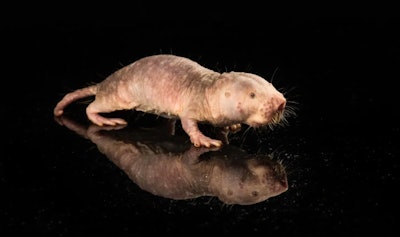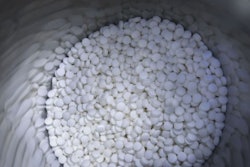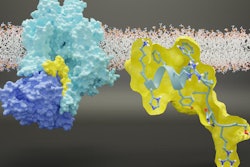
University of Rochester
According to a recent SciTechDaily article, researchers at the University of Rochester have successfully transferred a longevity gene from naked mole rats to mice, resulting in improved health and an extended lifespan. Naked mole rats have long fascinated the scientific community due to their resistance to age-related diseases and significantly longer lifespans compared to similar rodents.






















